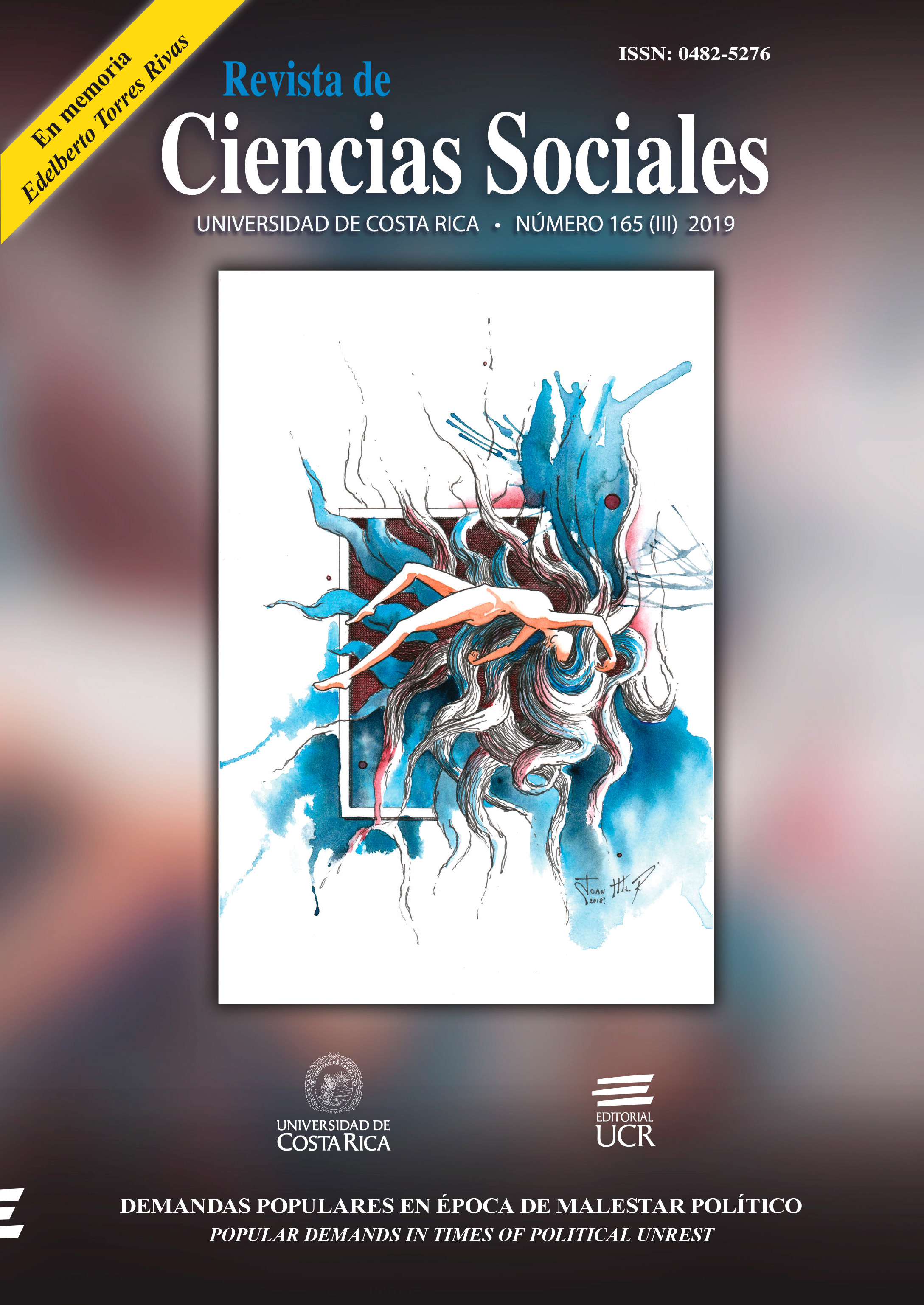Abstract
The following article aims to expose the general variables of the Brazilian economic-political crisis, which began in 2013 and is currently in force. The aim is to expose and analyze: a) the different interpretive aspects of the crisis; b) the historical structures of political power and their institutional framework; c) the structural determinants of the economic crisis and the political-economic contradictions of the Social-developmentalist model. The analysis concludes that the current crisis obeys to a multidimensional dynamic and is the product of the deepening structural and institutional contradictions implied in an inconclusive democratizing pact, which became a process of de-democratization.


